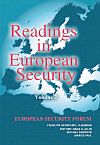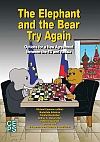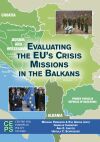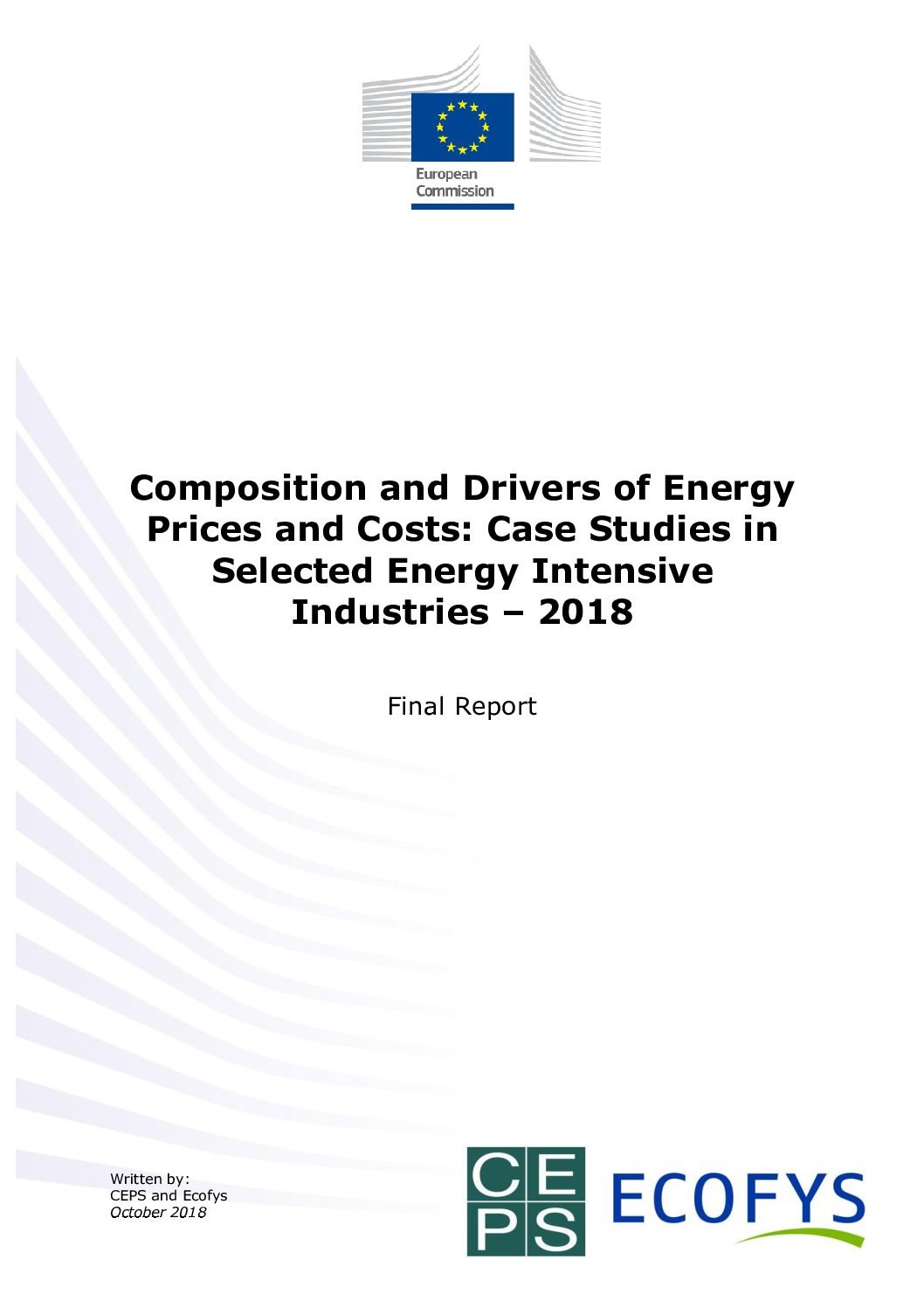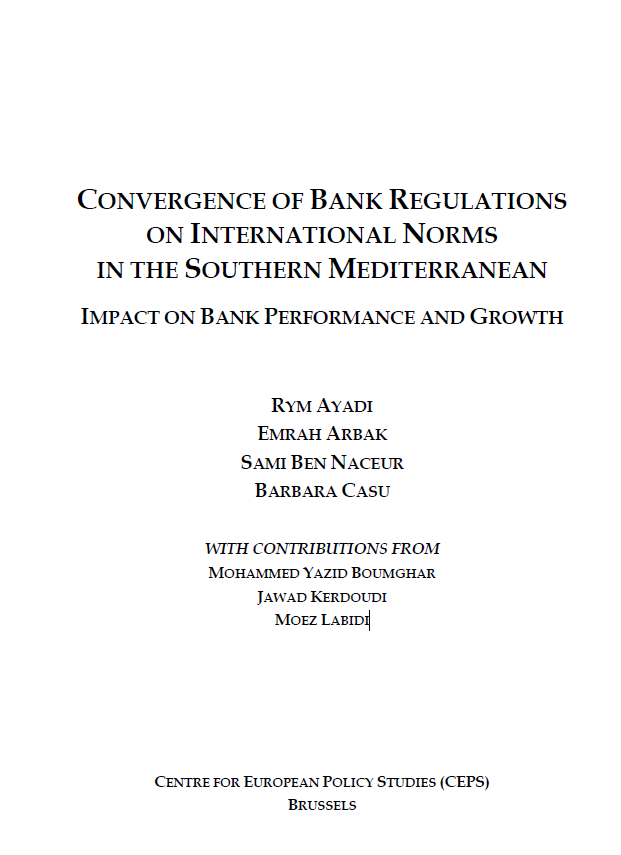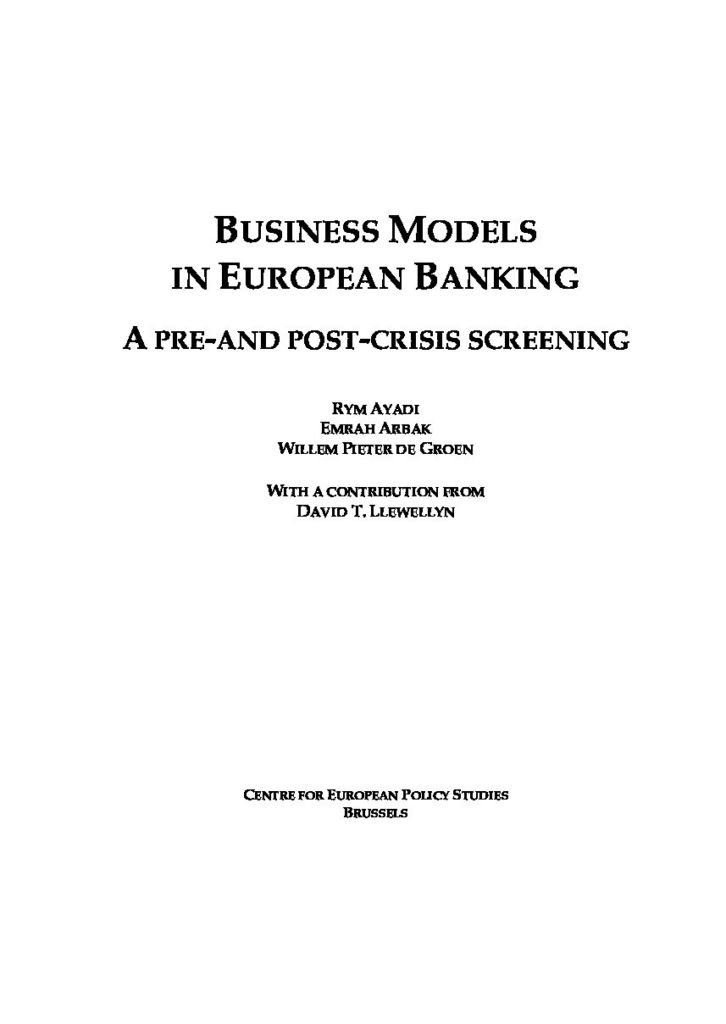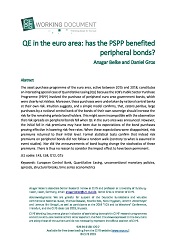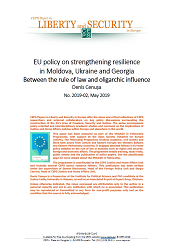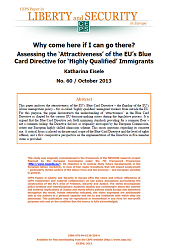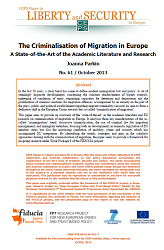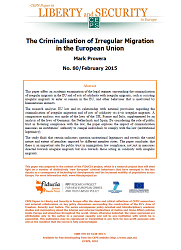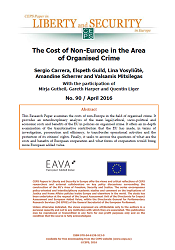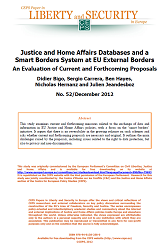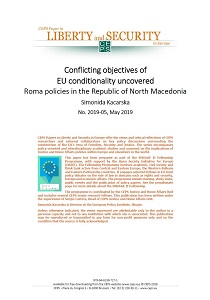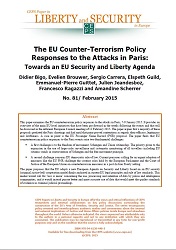Who is a normative foreign policy actor? The European Union and its Global Partners
Author(s): Michael Emerson,Natalie Tocci,Daniel S. Hamilton,Radha Kumar,Andrey S. Makarychev,Brantly Womack,Hakim Darbouche ,Sandra Fernandes,Ruth Hanau-Santini,Ian Manners,Gergana Noutcheva,Clara Portela / Language(s): English
Keywords: European Union and its global partners; Normative foreign policy; EU trade policy; Sanctions; Normative power;
This publication investigates “Who is a normative foreign policy actor?” It forms part of a new project intended to explore fundamental aspects of foreign policy at the global level, against the backdrop of a proliferation of global actors in the 21st century, following half a century with only one undisputed global hegemon: the United States. The European Union is itself a new or emerging foreign policy actor, driven by self-declared normative principles. But Russia, China and India are also increasingly assertive actors on the global stage and similarly claim to be driven by a normative agenda. The fundamental question explored is how will these various global actors define their foreign policy priorities, and how they will interact, especially if their ideas of normative behaviour differ?
More...


